Comprehensive Guide to Centrifugal Refrigeration Machine Manufacturers and Suppliers in China
Introduction
Centrifugal refrigeration machines are essential equipment for industrial cooling and large-scale air conditioning systems. With the global demand for high-performance, energy-efficient, and environmentally friendly refrigeration equipment increasing, the Chinese centrifugal refrigeration machine market is rapidly growing, making it a preferred sourcing destination. Whether you are looking for a centrifugal refrigeration machine factory in China or want to contact a reliable centrifugal refrigeration machine manufacturer, the Chinese market offers a wide range of products and customized solutions.
This guide covers technical principles, applications, manufacturer recommendations, selection guidelines, procurement processes, maintenance, and cost analysis to provide detailed reference for B2B buyers seeking centrifugal refrigeration machines in China.
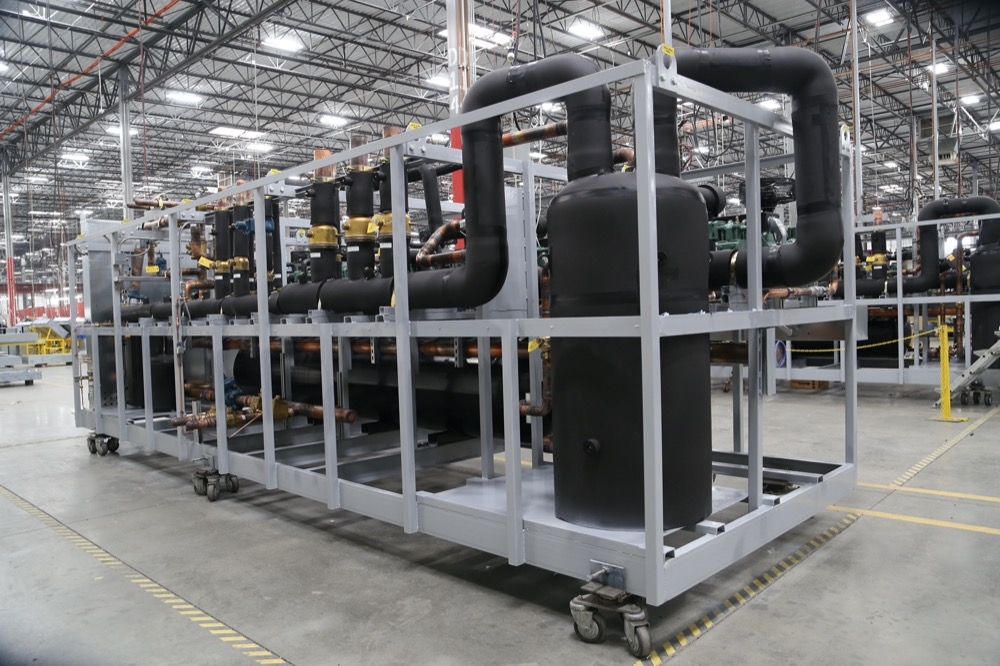
1. Working Principle and Technical Details of Centrifugal Refrigeration Machines
Centrifugal refrigeration machines utilize centrifugal compressors to achieve the refrigeration cycle. Their core advantages are large cooling capacity, high efficiency, and low noise.
1.1 Working Principle
The centrifugal compressor is the core component of the centrifugal refrigeration machine. It compresses the refrigerant gas at high speed, generating high-pressure, high-temperature vapor. This vapor then enters the condenser, where it is cooled into liquid. The liquid refrigerant passes through the expansion valve into the evaporator, absorbs heat from the process or environment, and completes the refrigeration cycle.
1.2 Main Components
| Component | Function |
|---|---|
| Centrifugal Compressor | Provides compression, creating the pressure difference needed for the refrigeration cycle |
| Evaporator | Absorbs heat, converting liquid refrigerant to vapor |
| Condenser | Releases heat, condensing high-pressure vapor into liquid |
| Expansion Valve | Controls refrigerant flow and pressure |
| Control System | Ensures automatic operation, energy management, and protection |
1.3 Technical Advantages
High Cooling Efficiency: Suitable for large-scale refrigeration from hundreds to thousands of RT.
Low Noise and Vibration: Advanced impeller design and vibration isolation.
Wide Applicability: Supports various process and environmental temperature control needs.
Energy Saving and Environmentally Friendly: Modern machines use low-GWP refrigerants and variable frequency control.
1.4 Innovative Technology Trends
Magnetic Bearing Centrifugal Chillers: Reduce mechanical friction, increase efficiency, lower maintenance cost.
Intelligent Control Systems: Remote monitoring, fault prediction, and energy optimization.
Eco-friendly Refrigerants: Such as R134a, R513A with low GWP.
2. Advantages of the Chinese Centrifugal Refrigeration Machine Market
2.1 Complete Industrial Chain
China has a full manufacturing chain from compressors and heat exchangers to control systems. Sourcing from a centrifugal refrigeration machine factory in China or centrifugal refrigeration machine supplier in China offers clear cost advantages, typically 20%-40% lower than European or American suppliers.
2.2 Technological Improvement
Over the past decade, Chinese manufacturers have advanced in chiller design, energy-saving technology, and smart control, with some products reaching international standards.
2.3 Wide Product Range
China provides centrifugal machines from small laboratory chillers to large industrial systems, serving:
Industrial cooling (chemical, electronics, pharmaceuticals)
Commercial HVAC (office buildings, malls, airports)
Food & beverage processing (cold storage, beer fermentation, dairy)
Data center cooling
2.4 Strong Customization Capability
Chinese manufacturers can provide:
Cooling capacity: 100 RT – 5000 RT
Voltage options: 380V, 400V, 460V
Environmental adaptation: low temperature, high humidity
Intelligent controls: PLC, touchscreen, remote monitoring
3. Detailed Applications of Centrifugal Refrigeration Machines
3.1 Industrial Cooling
Chemical plants: Continuous stable cooling to maintain reaction temperatures.
Steel plants: Cooling rolling mills or heat treatment equipment.
Electronics: Precise temperature control for semiconductor and wafer production.
3.2 Large-scale Commercial HVAC
Centralized air conditioning for malls, office buildings, hotels, airports.
Variable frequency control enables load-based cooling, achieving energy savings.
3.3 Food & Beverage Processing
Breweries and dairy plants use centrifugal chillers for fermentation and storage.
Precise temperature control ensures product quality consistency.
Example: A brewery using two 3500RT centrifugal chillers reduced annual energy consumption by 12%, with fermentation temperature variation within ±0.5°C.
3.4 Laboratory & Research Facilities
Suitable for bio, chemical, and semiconductor laboratories.
Low noise, low vibration, and precise temperature control.
3.5 Data Center Cooling
High-reliability, low-energy cooling for large data centers.
Redundant design ensures 24/7 continuous operation.
4. Top Chinese Manufacturers and Suppliers
4.1 TopChiller
Cooling capacity: 200 RT – 4500 RT
Features: High efficiency, low noise, energy-saving
Applications: Commercial HVAC, industrial cooling
4.2 Hunan Xiangxin Centrifuge
Products: Lab and industrial centrifugal chillers
Features: Strong customization, full after-sales support
4.3 Zhejiang Qingji Centrifuge Manufacture Co., Ltd.
Features: High-performance, suitable for complex industrial applications
4.4 Senjun Cooler
Features: Large industrial chillers, highly stable
Manufacturer Comparison Table
| Manufacturer | Cooling Capacity | Key Features | Application | Customization |
|---|---|---|---|---|
| TopChiller | 200–4500 RT | High efficiency, low noise | Commercial HVAC, industrial | High |
| Hunan Xiangxin | 50–2000 RT | Lab & industrial | Industrial cooling, labs | High |
| Zhejiang Qingji | 100–5000 RT | High performance | Complex industrial | Medium-High |
| Senjun Cooler | 500–4000 RT | Stable, reliable | Data centers, industrial | High |
5. Centrifugal Refrigeration Machine Selection Guide
Determine Cooling Capacity: Calculate based on building area, equipment load, or process requirement (RT or kW).
Choose Refrigerant: Low-GWP refrigerants (R134a, R513A) comply with international environmental standards.
Power Supply & Control: 380V/400V/460V; PLC, touchscreen, or remote monitoring.
Installation Environment: Indoor or outdoor; ventilation and noise control.
Energy Efficiency & Maintenance: High COP, easy maintenance, and available spare parts.
Example Selection Table
| Model | Cooling Capacity (RT) | Refrigerant | Power | COP | Application |
|---|---|---|---|---|---|
| CC-1200 | 1200 | R134a | 380V/50Hz | 6.2 | Commercial HVAC |
| CC-2000 | 2000 | R407C | 380V/50Hz | 6.5 | Industrial Cooling |
| CC-3500 | 3500 | R410A | 3×400V | 6.8 | Data Center |
6. Procurement Process and Key Considerations
Procurement Steps
Confirm Requirements: Cooling capacity, temperature control, environment, budget.
Supplier Screening: Verify credentials, project case studies, reputation.
Technical Discussion: Model selection, customization, energy efficiency.
Quotation Comparison: At least three quotations for cost-performance analysis.
Contract Signing: Delivery, payment, warranty, after-sales clearly defined.
Equipment Acceptance: Inspection and commissioning.
Long-term Maintenance: Spare parts and maintenance planning.
Key Considerations
Confirm cooling load and process requirements
Check system compatibility and installation conditions
Verify spare parts availability and after-sales support
Prioritize high-efficiency, eco-friendly refrigerants
Ensure a comprehensive contract for risk protection
7. Maintenance and Operational Cost Analysis
7.1 Maintenance Schedule
Check oil level, refrigerant pressure, filters regularly
Annual full-unit maintenance
Compressor and impeller inspection every 3–5 years
7.2 Cost Analysis
Capital Cost: One-time investment depending on capacity and configuration
Operational Cost: Electricity is the major expense; energy-efficient machines reduce cost
Maintenance Cost: Periodic maintenance and spare parts replacement
7.3 Energy-Saving Strategies
Use variable frequency control to match load
Regular cleaning of heat exchangers to maintain efficiency
Choose high COP models to reduce energy consumption
8. FAQ
What scale of cooling is suitable for centrifugal chillers?
Suitable for medium to large projects, typically 100–5000 RT.
Do Chinese manufacturers offer customization?
Yes, most like TopChiller, Hunan Xiangxin, and Senjun Cooler provide customization in cooling capacity, refrigerant type, voltage, and smart control.
Are centrifugal chillers energy-intensive?
High efficiency, variable frequency control, and high COP reduce electricity consumption by 10–20%.
How is after-sales service handled?
Reliable suppliers provide installation, annual maintenance, spare parts, and technical support; some offer remote monitoring.
Is there a discount for bulk orders?
Yes, centrifugal refrigeration machine wholesale and bulk orders usually get discounted prices and faster delivery.
9. Real-World Case Studies
Case 1: Large Mall HVAC
Equipment: 4×1200 RT centrifugal chillers
Application: Mall central air conditioning
Result: 15% annual energy saving, noise <50 dB
Insight: Variable frequency and zoned cooling optimize comfort and efficiency
Case 2: Brewery Fermentation
Equipment: 2×3500 RT centrifugal chillers
Application: Fermentation tank temperature control
Result: Temperature variation <±0.5°C, product consistency improved
Insight: Stable cooling, low noise, continuous operation suitable
Case 3: Data Center Cooling
Equipment: 3×2000 RT industrial centrifugal chillers
Application: Data center cooling
Result: Stable year-round operation, 10% energy saving
Insight: Redundant design ensures reliability
10. Procurement Process Flow Diagram
Requirement Confirmation → Supplier Screening → Technical Discussion → Quotation Comparison → Contract Signing → Equipment Acceptance → After-Sales Maintenance
Requirement Confirmation: Cooling load, voltage, environment
Supplier Screening: Credentials, references, reviews
Technical Discussion: Model, customization, efficiency
Quotation Comparison: Cost-benefit analysis
Contract Signing: Delivery, warranty, after-sales
Equipment Acceptance: Inspection, commissioning
After-Sales Maintenance: Spare parts, maintenance schedule
11. Conclusion and Recommendations
China is a major supplier of centrifugal refrigeration machines with diverse manufacturers and products.
Buyers should focus on cooling capacity, refrigerant type, installation environment, energy efficiency, and after-sales support.
Bulk orders can reduce costs; customized design ensures operational efficiency.
Case studies show Chinese centrifugal chillers perform reliably and efficiently in commercial HVAC, industrial cooling, food processing, and data centers.
Choosing the right centrifugal refrigeration machine manufacturer in China or centrifugal refrigeration machine supplier in China ensures high-performance equipment at competitive prices, with long-term reliability and ROI.
Must-Read Blogs For Chain Restaurants Owner

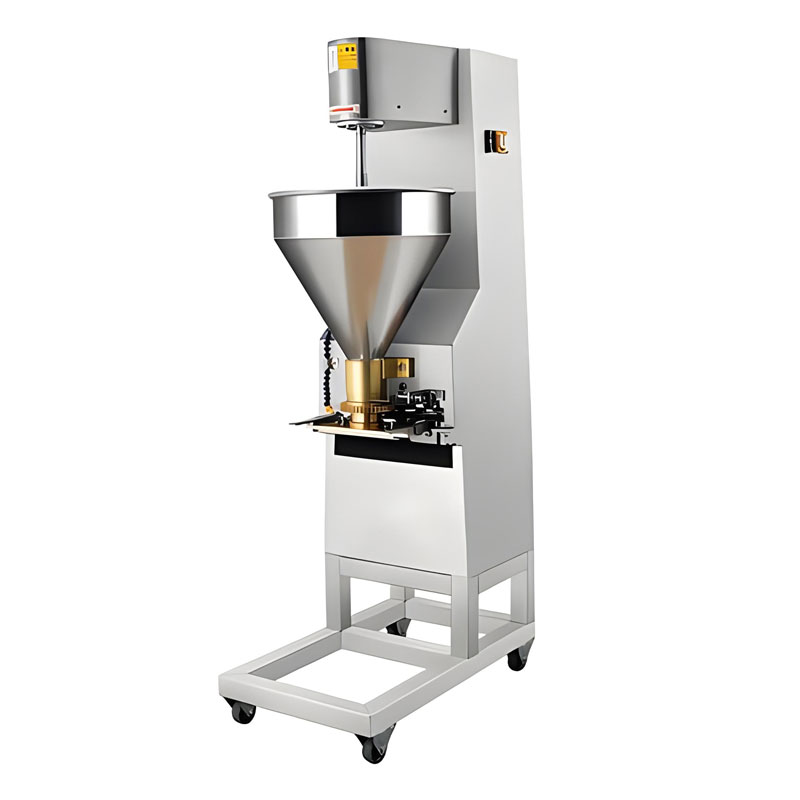
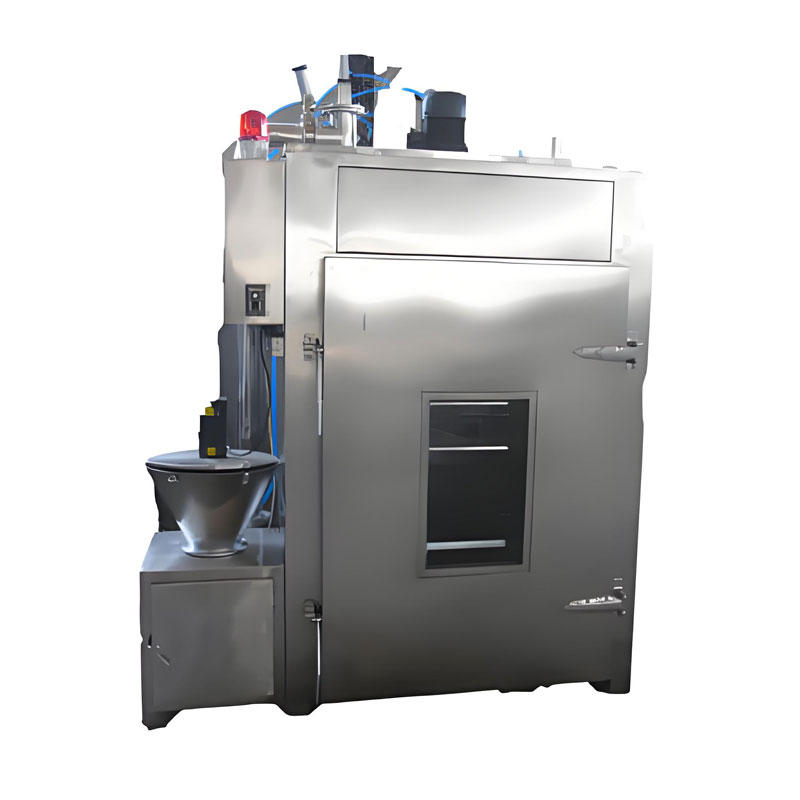
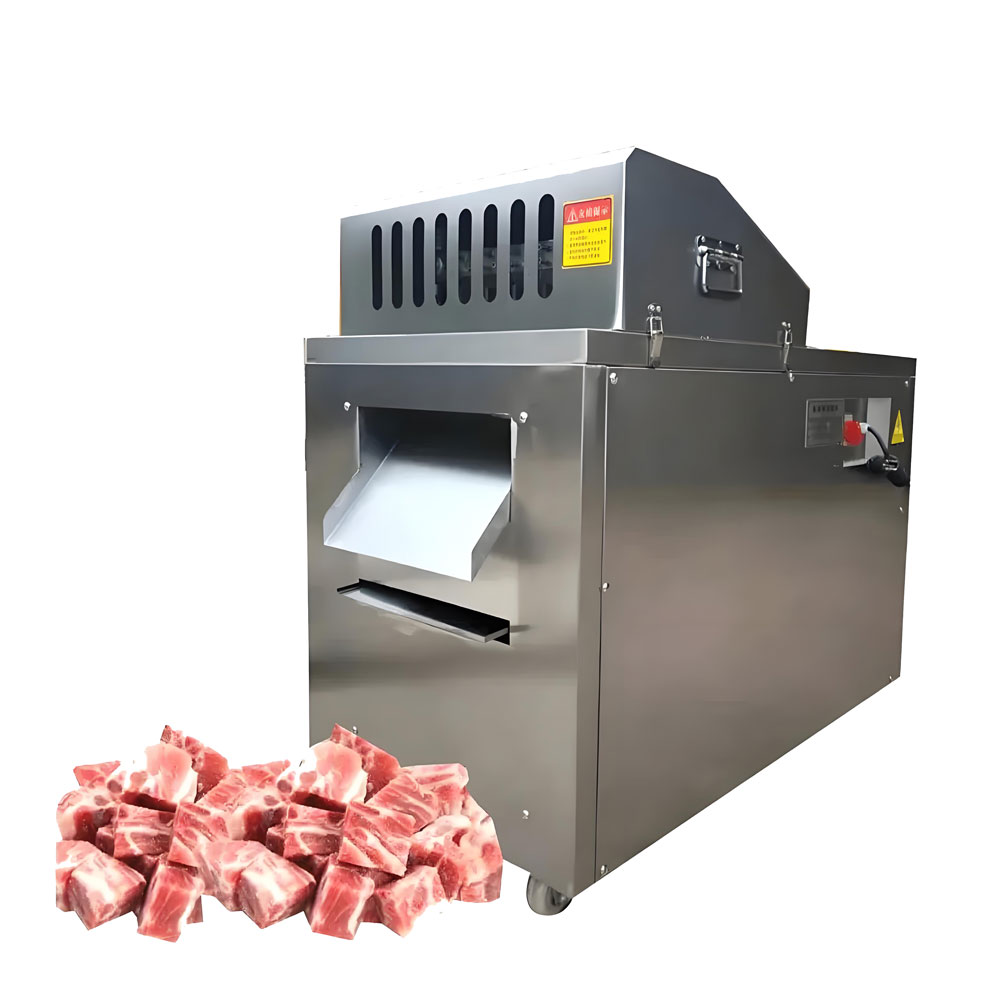
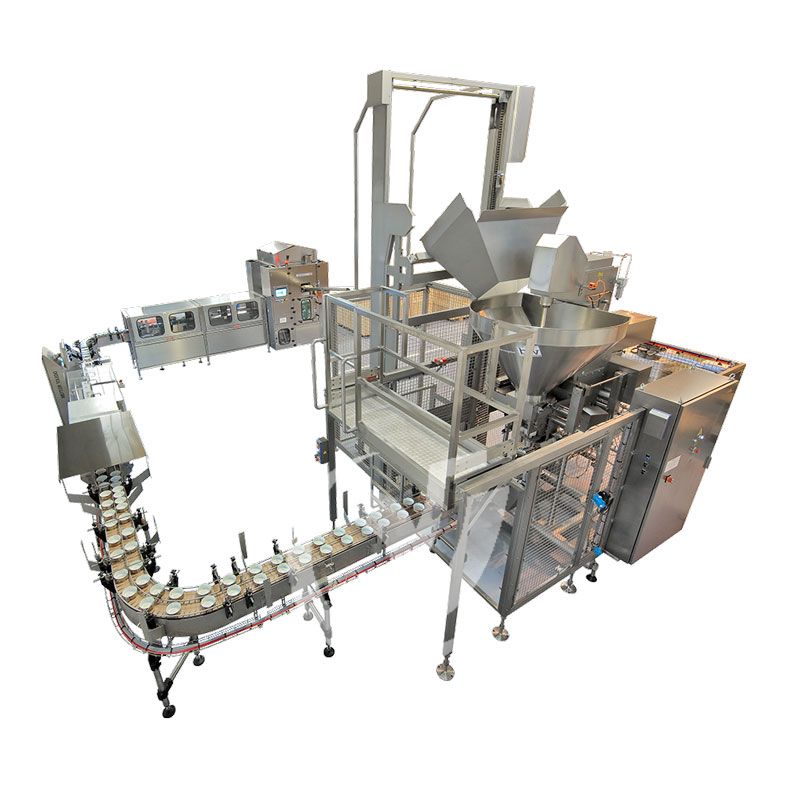

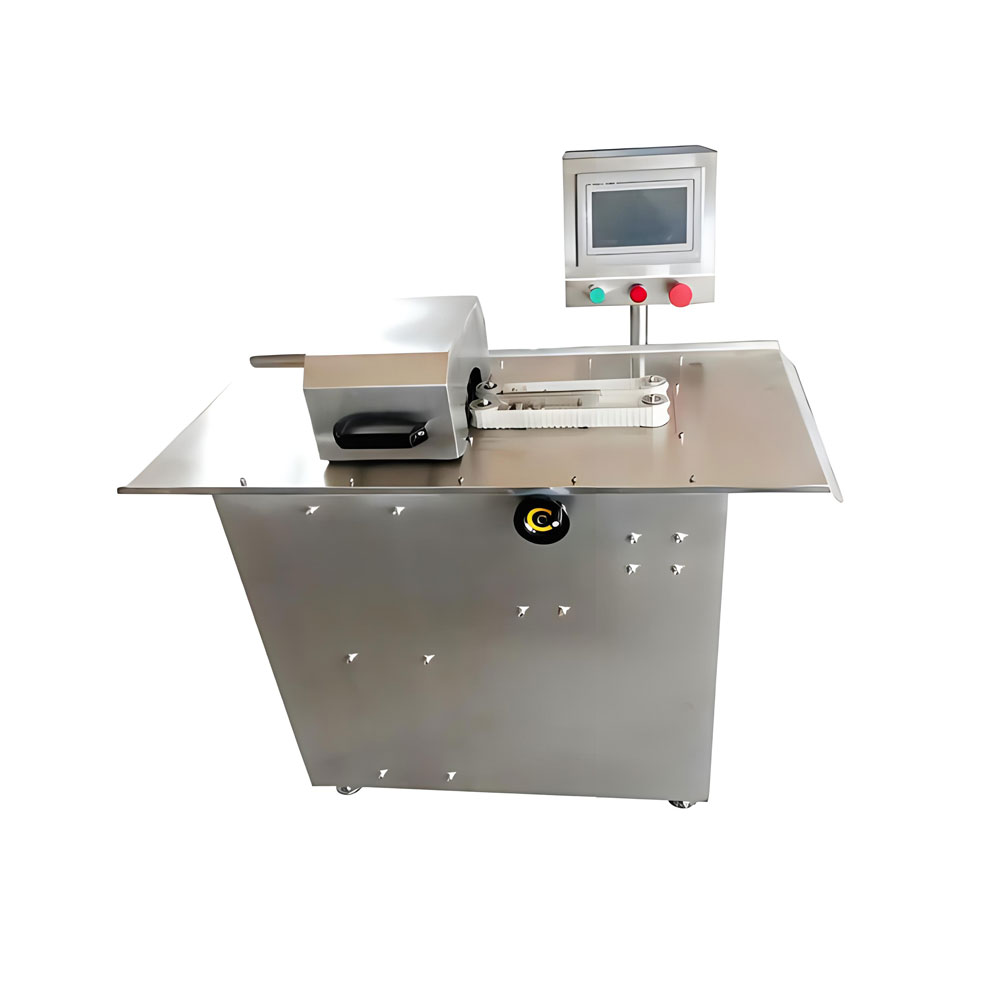
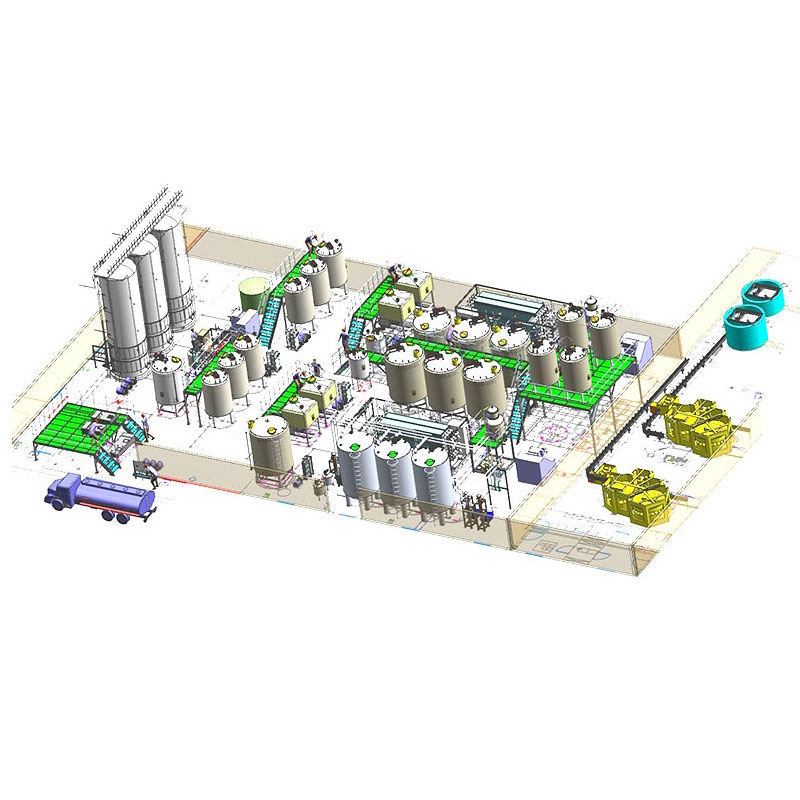
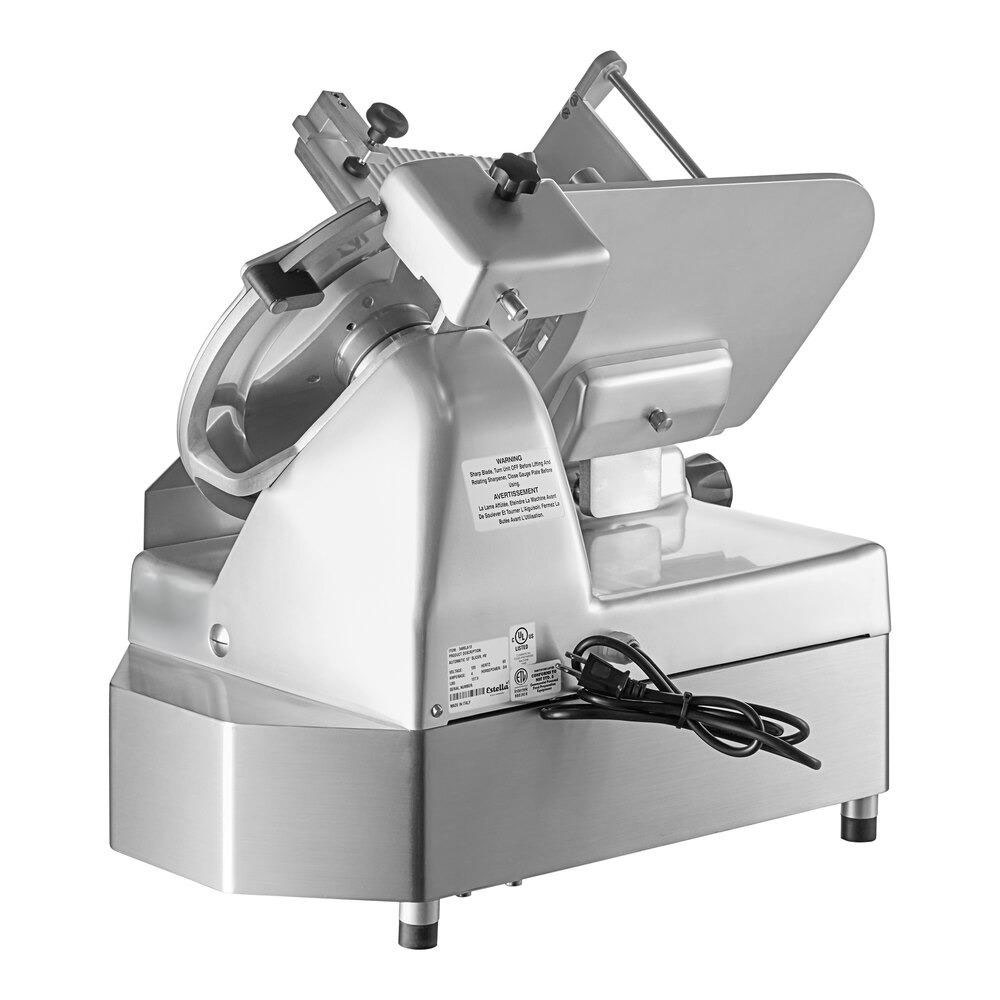
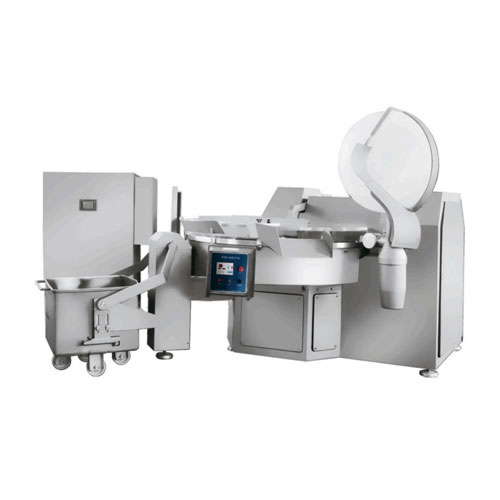
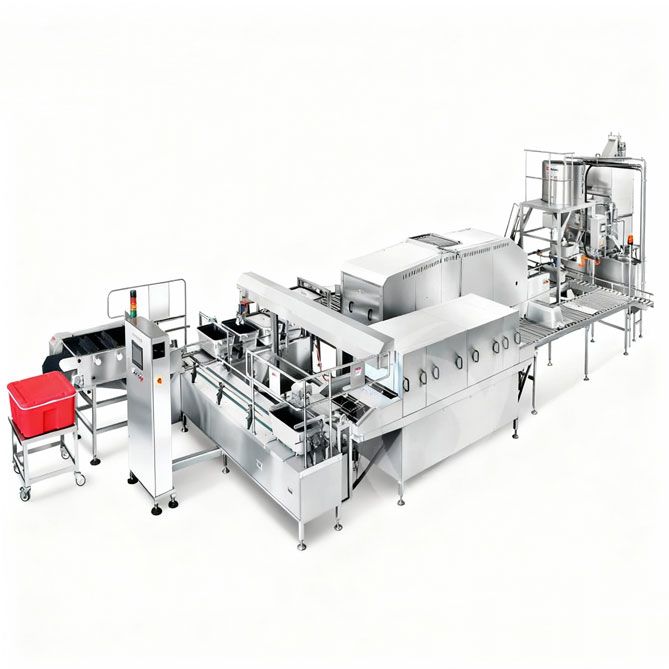
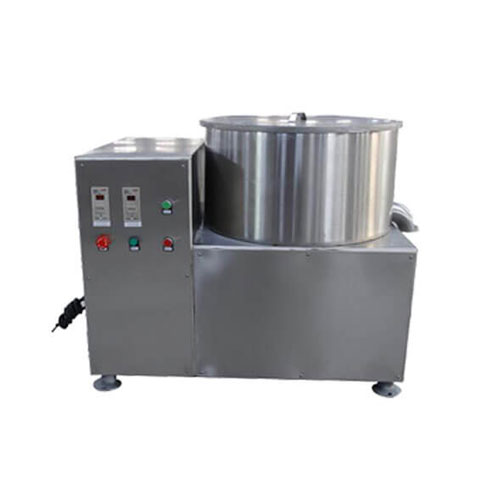 Centrifugal Dewatering Machine
Centrifugal Dewatering Machine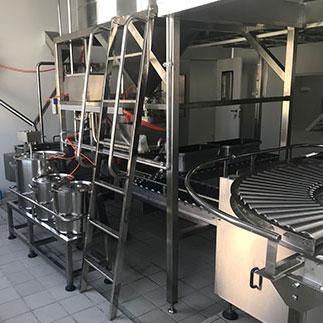 Cold Chain Rice Production Line
Cold Chain Rice Production Line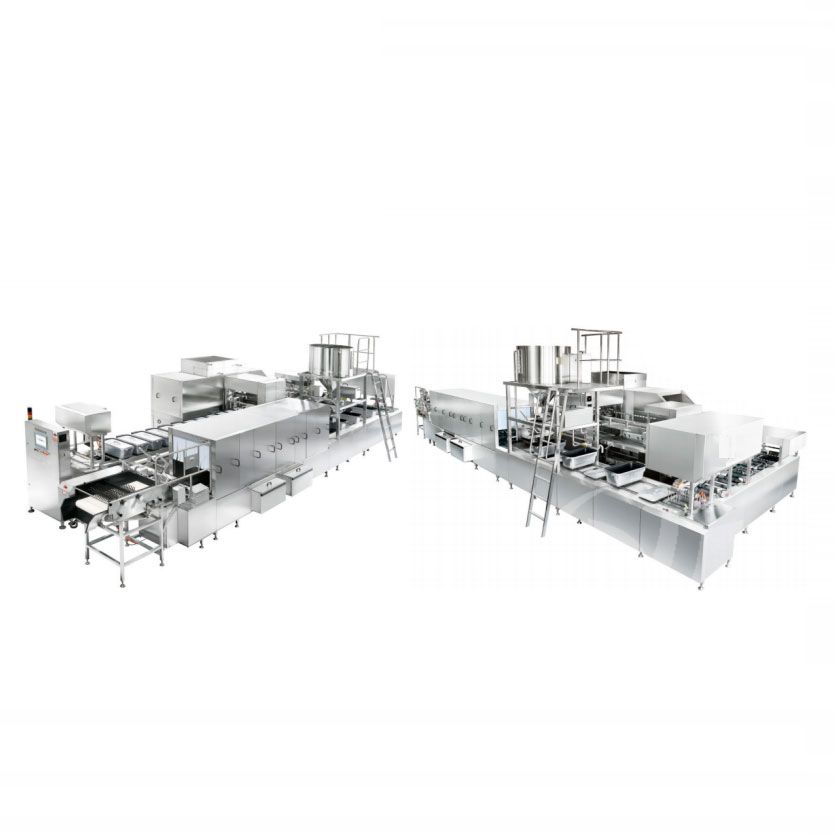 Unmanned Intelligent Rice Production Line
Unmanned Intelligent Rice Production Line
Ready to Get Started?